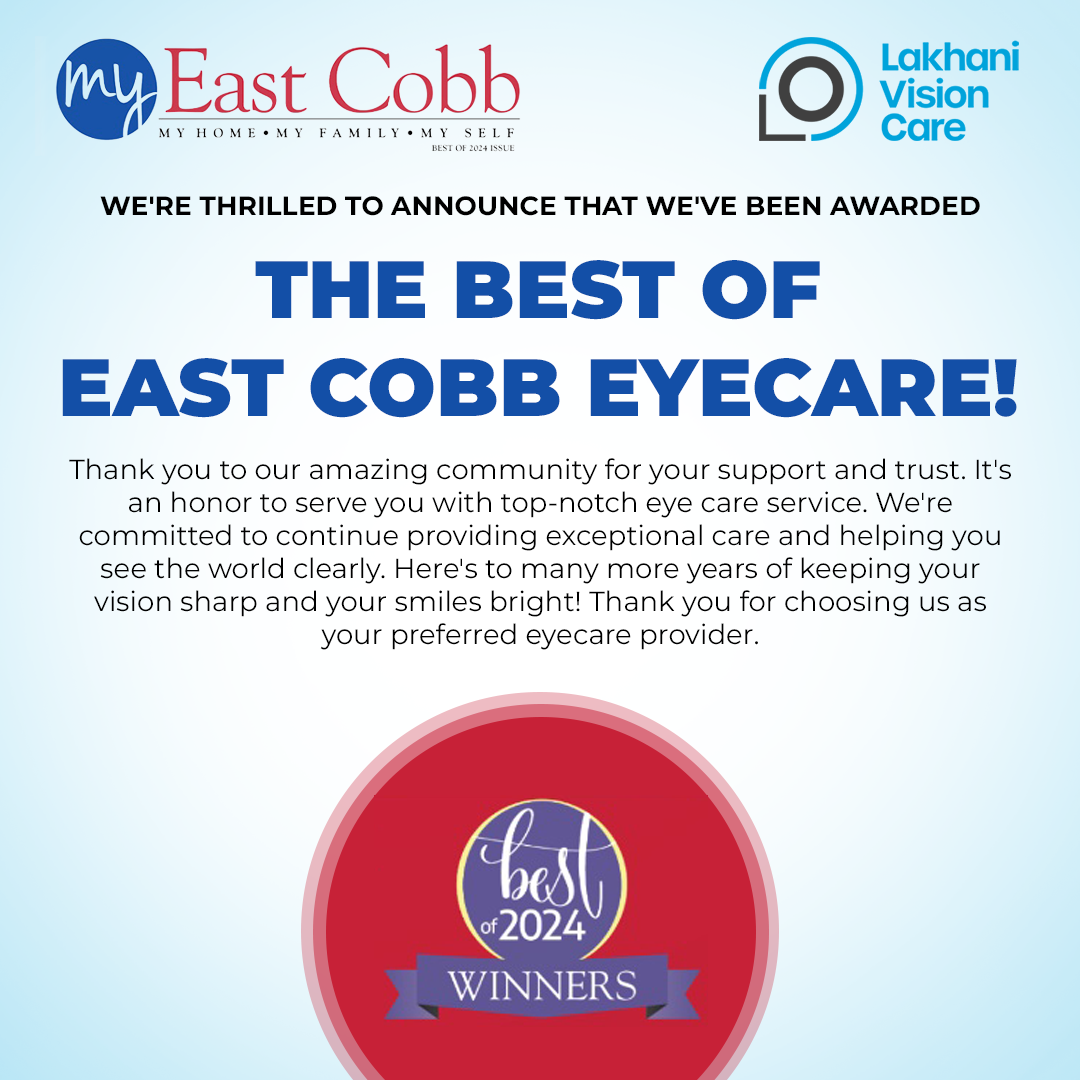
As you grow older, it's natural to experience changes in your vision. These changes can be gradual and often go unnoticed until they start to significantly impact your daily life. Understanding the common vision changes that come with age can help you stay proactive in maintaining your eye health and catching any potential issues early on.
Common Vision Changes as You Age
As you age, it's common to experience various vision changes that can affect your daily life. One of the most noticeable changes is presbyopia, where the eye gradually loses the ability to focus on close objects, often becoming apparent in your 40s.
Additionally, the production of tears can decrease as you age, leading to a feeling of dryness, irritation, or discomfort in your eyes. This can make it harder to perform tasks that require prolonged visual focus, such as reading or using a computer.
Age-Related Eye Conditions and Diseases to Be Aware Of
There are several age-related eye conditions and diseases that you should be aware of:
- Glaucoma: This is a group of eye diseases that can damage the optic nerve, leading to vision loss and blindness if left untreated. Glaucoma is often called the "silent thief of sight" because it can progress without noticeable symptoms in the early stages.
- Diabetic Retinopathy: This condition is caused by damage to the blood vessels in the retina, which can occur in people with diabetes. Diabetic retinopathy can lead to vision loss and even blindness if not properly managed.
- Cataracts: A cataract is a clouding of the lens in your eye, which can cause blurred or distorted vision. Cataracts are one of the most common age-related eye conditions, and they typically develop gradually over time.
- Age-Related Macular Degeneration (AMD): As mentioned earlier, AMD is a leading cause of vision loss in older adults. There are two main types of AMD: dry AMD and wet AMD, both of which can have a significant impact on your central vision.
- Floaters and Flashes: As you age, you may experience an increase in the number of floaters (small, dark spots or shapes that drift across your field of vision) and flashes of light. While these are often harmless, they can be a sign of a more serious underlying condition, such as a retinal tear or detachment.
It's important to be aware of these age-related eye conditions and to have regular eye exams to detect and manage them early on. Early detection and treatment can often help preserve your vision and prevent further vision loss.
Signs and Symptoms of Vision Changes
The signs and symptoms of age-related vision changes can vary, but some common indicators include:
- Blurred or cloudy vision
- Difficulty seeing in low-light conditions
- Increased sensitivity to glare or bright lights
- Trouble reading or performing close-up tasks
- Frequent changes in prescription for eyeglasses or contact lenses
- Difficulty adapting to changes in lighting
- Increased eye fatigue or strain
- Persistent dry, itchy, or irritated eyes
If you experience any of these symptoms, it's important to schedule an appointment with your optometrist as soon as possible. Prompt diagnosis and treatment can often help manage or slow the progression of age-related vision changes.
The Importance of Regular Eye Exams for Early Detection and Treatment
As you age, regular eye exams become increasingly important for maintaining your vision and overall eye health. Many eye conditions, such as macular degeneration, glaucoma, and cataracts, develop gradually and may not present noticeable symptoms in their early stages. By scheduling routine eye exams, you allow your eye doctor to detect these conditions early, when they are most treatable.
Early detection can prevent or slow the progression of vision loss, helping you maintain your independence and quality of life as you age. It's recommended that adults over the age of 60 have a comprehensive eye exam at least once a year. However, your specific needs may vary, so be sure to follow the recommendations of your doctor.
Tips for Maintaining Good Eye Health as You Age
In addition to regular eye exams, there are several steps you can take to help maintain good eye health as you age:
- Eat a Healthy Diet: Consuming a diet rich in eye-friendly nutrients, such as lutein, zeaxanthin, omega-3 fatty acids, and vitamins C and E, can help support eye health and reduce the risk of age-related eye conditions.
- Stay Active: Regular physical activity can improve blood flow to the eyes and reduce the risk of conditions like diabetes, which can lead to vision problems.
- Quit Smoking: Smoking is a significant risk factor for many age-related eye conditions, including cataracts and macular degeneration. Quitting can help protect your vision.
- Wear Sunglasses: Exposure to ultraviolet (UV) light can contribute to the development of cataracts and macular degeneration. Wearing sunglasses with UV protection can help shield your eyes from harmful rays.
By incorporating these tips into your daily routine, you can help preserve your vision and maintain good eye health as you age.
Taking Care of Your Vision as You Age
As you grow older, it's essential to be proactive in managing the changes to your vision. By understanding the common vision changes, age-related eye conditions, and the importance of regular eye exams, you can take steps to maintain your eye health and preserve your quality of life.
If you're concerned about age-related vision changes or would like to schedule a comprehensive eye exam, contact Lakhani Vision Care. We are dedicated to helping you maintain optimal vision and eye health throughout your life. Visit our office in Marietta, Georgia, or call (770) 509-9932 to book an appointment today.











